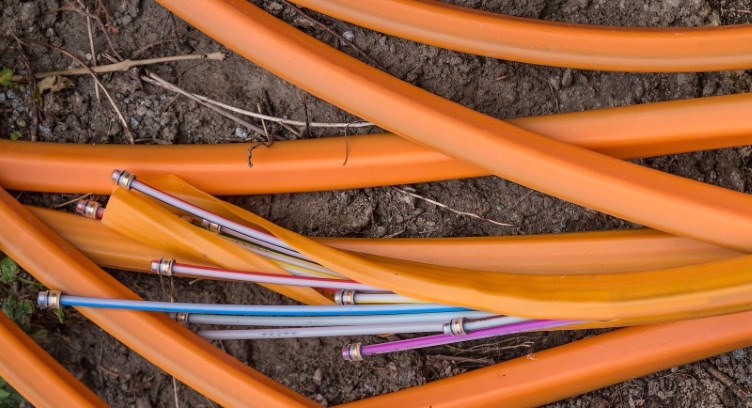Telkom is expanding fibre access into some of South Africa’s most underserved communities, turning a government infrastructure contract into a broader drive to close the country’s long-standing digital divide. Using the extensive infrastructure of its subsidiary, Openserve, which spans more than 180 000 kilometres throughout the country, as the backbone of connectivity, Telkom is assisting the South African government to broaden connectivity at pre-determined sites that currently do not have internet.
The importance of this intervention by Telkom is that it will enable the government to extend a range of critical government services to citizens. By enabling more efficient government services, connectivity plays a crucial role in improving public service delivery and fostering trust in institutions.
Initially contracted to install fibre at government buildings, it quickly became clear to the company that surrounding communities had no reliable connectivity. Many of the sites were in rural areas where households and small businesses lacked access to affordable, high-speed internet. Telkom saw the opportunity to commercialise its Openserve network further by extending the rollout beyond government buildings to nearby homes, schools and micro businesses, areas often left out of digital infrastructure plans. All nine provinces will benefit from this rollout, having a national impact on citizens across South Africa.
Makgosi Mabaso, Chief Commercial Officer, Openserve
Connectivity isn’t just a technological convenience – it’s a driving force behind South Africa’s economic growth. In our nation, connectivity’s influence extends far beyond corporate borders. It’s the invisible current energising our entire digital ecosystem, from the tap of a mobile payment to the click that delivers essential government services. Through this project, we wanted to ensure that all South Africans benefit from connectivity
Strini Mandri, National Sales Manager, Telkom Business
The issue isn’t just about who has internet and who doesn’t. It’s about the quality of access, whether people can work, study, and participate meaningfully in the digital economy. This is about long-term value. We’re seeing strong demand from households, schools and small businesses that have never had reliable internet before. It’s about what people can do once they’re connected. We knew we could not rely on conventional channels in these areas. It had to be on the ground, where people are. If we want to support inclusive growth across the country, we have to bring more people and businesses online.


